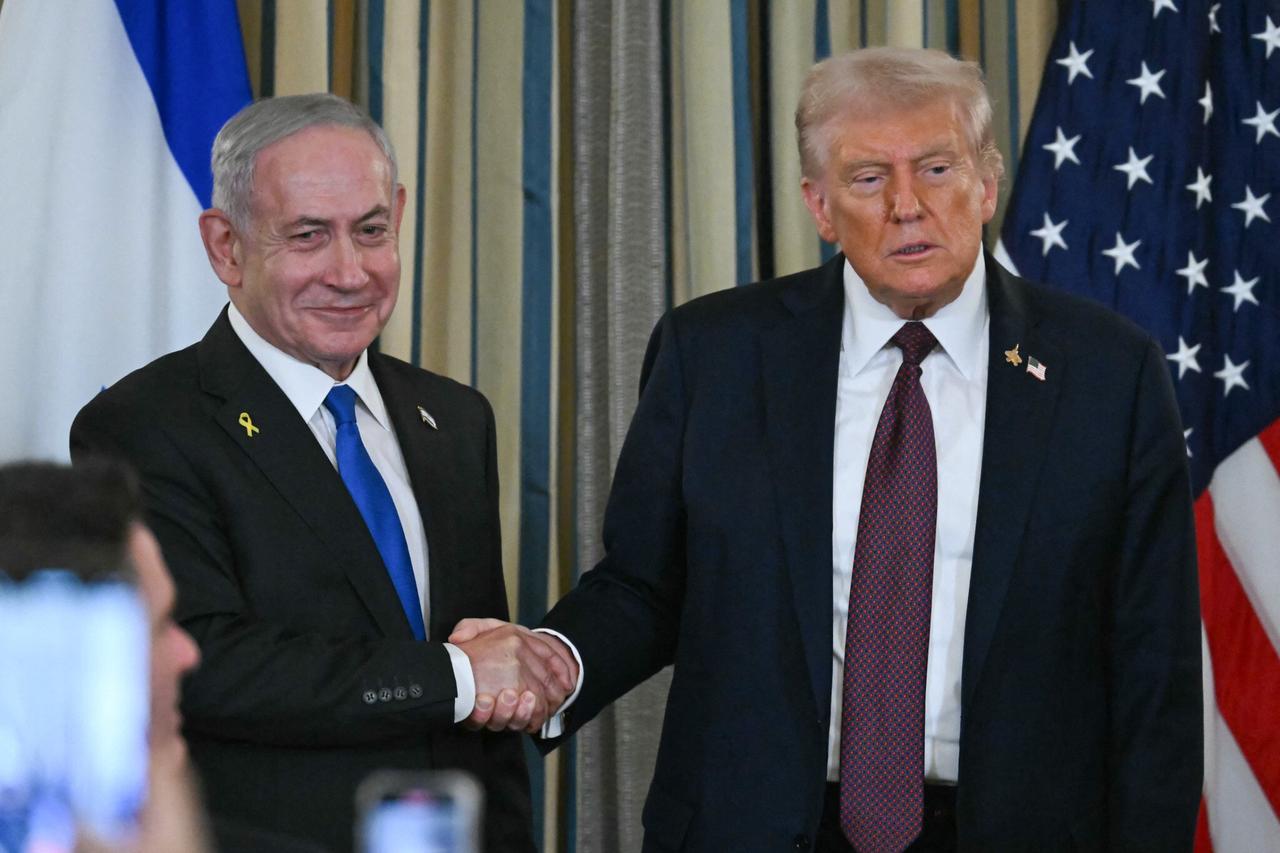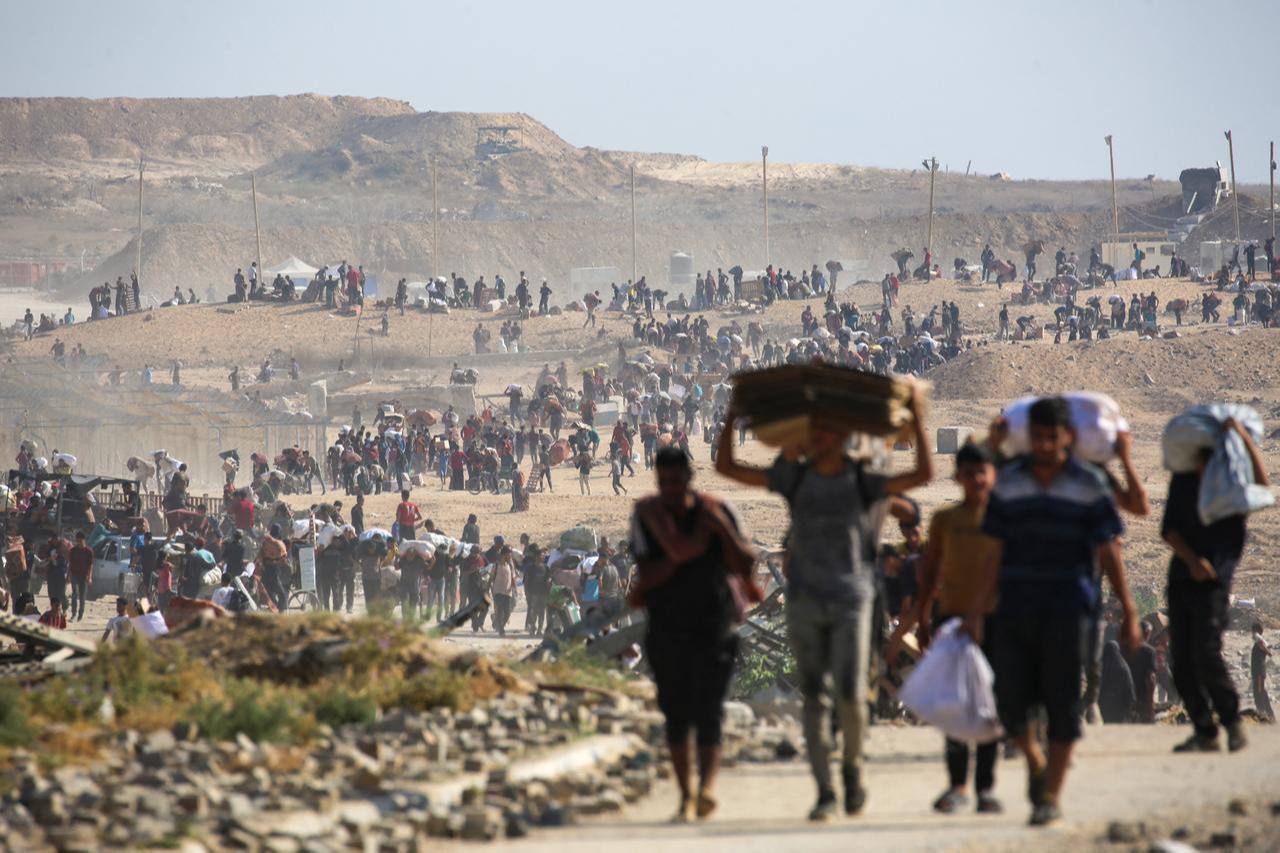
U.S. President Donald Trump is once again at the center of Middle East diplomacy. This week, he and Israeli Prime Minister Benjamin Netanyahu unveiled a 20-point plan that they claim could end the war in Gaza. The announcement was staged for maximum drama: a ceasefire, hostage and prisoner exchanges, Hamas disarmament, an international “Board of Peace” led by Trump and former U.K. Prime Minister Tony Blair, and even a pathway toward eventual Palestinian self-rule.
It sounds sweeping. It sounds historic. But scratch the surface, and the flaws become glaring.
The first problem is the most obvious: Palestinians themselves were not at the table. Hamas was handed the plan like a homework assignment, with three days to decide whether to comply. No Palestinian leaders, whether from Hamas or elsewhere, had any meaningful role in shaping it. In Gaza, where entire neighborhoods have been reduced to rubble, this rings less like peace and more like dictates from above. Any serious analyst knows that a plan imposed on a population without their input is dead on arrival.
The second problem is ambiguity. Israel has agreed in principle, but on its own terms. Netanyahu has already hedged, insisting that any withdrawal be partial and gradual, that Israel retain broad security control, and that Hamas be permanently excluded from governance. The plan never defines who exactly will run Gaza in the interim, or how legitimacy will be established. A technocratic “Board of Peace” based in New York or Brussels will not carry authority in Rafah or Khan Younis.
The third problem is trust—or more accurately, the complete absence of it. Ceasefires in this war have collapsed before they even started. Palestinians point to Israel’s long record of shifting conditions at the last minute. Israelis see Hamas as incapable of keeping any agreement. In that climate, promises of reconstruction funds and humanitarian aid feel more like bargaining chips than guarantees.

And yet, despite these fatal weaknesses, Trump’s plan matters. It matters because the alternative is even worse: unending bombardment, mass displacement, and the further radicalization of a broken society. It matters because, for the first time in months, Washington and Jerusalem are at least talking about peace rather than total war. It matters because exhaustion, not optimism, may finally create a window for diplomacy.
But let’s be clear: this is not a peace deal. It is a gamble. Trump is betting that Hamas is weak enough and desperate enough to accept humiliation for survival. Netanyahu is betting that his far-right allies will tolerate even the whiff of Palestinian statehood so long as Israel keeps its hands firmly on the levers of power. And the rest of the world is betting that throwing billions into Gaza’s reconstruction will buy time until something more durable emerges.
This is a shaky foundation on which to build peace. History suggests it will crack under pressure. But in Gaza, where tens of thousands have been killed and millions are starving, even a flawed pause may feel like salvation. The tragedy is that Palestinians and Israelis alike deserve more than a gamble. They deserve a real settlement—one rooted not in outside dictates, but in mutual recognition and genuine political will.
Until that day, Trump’s grand plan is best understood for what it is: not a roadmap to peace, but a temporary plaster over a gaping wound.